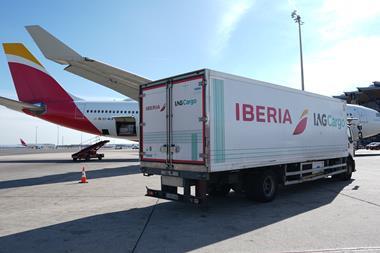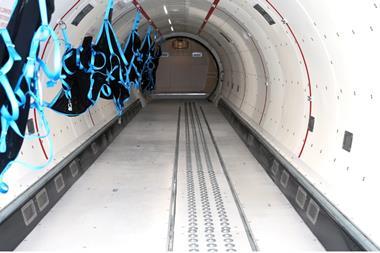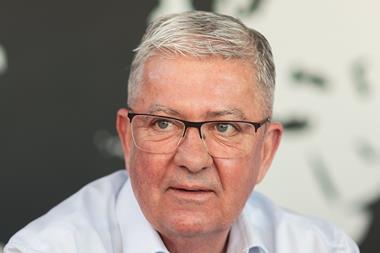The UK's logistics industry has issued a "wake-up call" as Britain's chief Brexit negotiator David Davis met today (July 7) with the nation's business leaders to discuss the trading implications of Britain leaving the European Union (EU).
The Freight Transport Association (FTA), which represents more than 16,000 companies nationwide, urged all parties to heed the words of Davis' Brussels counterpart, European Commission negotiator Michel Barnier, to ensure a focus on how to retain frictionless trade relationships after Brexit in March 2019.
“Mr Barnier’s speech yesterday predicted full inspection of all loads entering Europe after Brexit. This should act as a wake-up call for those assembled at the Chevening summit today,” said James Hookham, deputy chief executive of the FTA.
He continued: “We are pleased that logistics and trade issues have been put back on the table by the European Commission and that the practical solutions to keep Britain trading with the EU after Brexit can now be discussed.
"Working with its members, FTA has developed the priority areas and practical solutions that need urgent agreement to ensure the British economy does not grind to a halt after March 2019.
Hookham added: “A week may be a long time in politics but two years counts as short-term planning in most companies. Today marks the starting point for serious development of how the new trading procedures and formalities with the EU will work post-Brexit.
"We are calling on government to prioritise this dialogue to ensure that industry can continue to move goods and services where they are required to Keep Britain Trading.”
Hookham said that a “wait and see” approach will not work for the logistics industry while negotiations continue on other elements of the UK’s departure from the EU: “FTA members are very clear about what needs to be done to Keep Britain Trading: a ‘no deal’ walk-out by the UK Government, where full Customs checks are imposed literally overnight, is not an acceptable outcome.
"British consumers and businesses rely on the logistics industry to keep essential supplies flowing and production lines moving, and without proper consideration of the supply chains that feed, clothe and supply Britain there is a real risk that irreparable harm will be caused to people’s living standards and job prospects."
Hookham warned: "The workload is huge. We need an immediate start on building the new Customs systems for the 300m additional declarations that will be required to be made, the learning programmes for the 180,000 businesses that will need to learn how to use them.
"We need to get equal treatment of British goods by the 27 other Customs administrations across Europe and new 21st century approaches to inspecting and checking loads to Avoiding the need to check vehicles checks in our congested ports."
He concluded: "Above all there must be no cliff-edge in arrangements while all this work is being undertaken. We need business as usual until the new arrangements are in place.
“The UK’s departure from the EU can be negotiated to ensure that frictionless trade can continue, provided the logistics industry is at the heart of the discussions. We urge Mr Davis to bear this in mind as he hosts today’s talks and works with industry to prove Mr Barnier wrong.”










